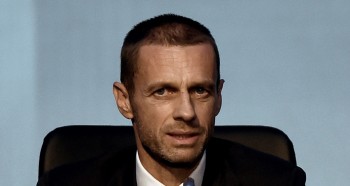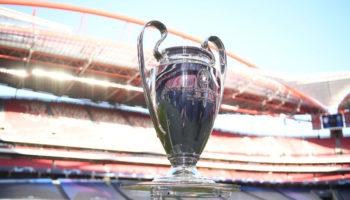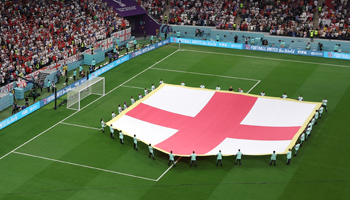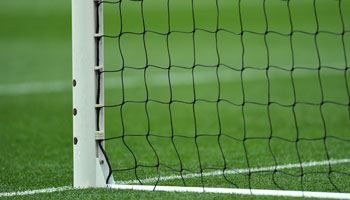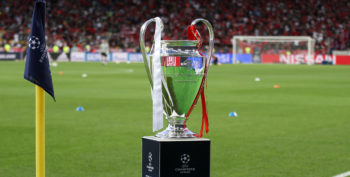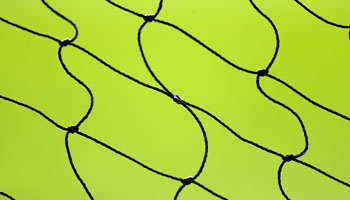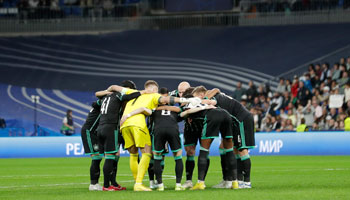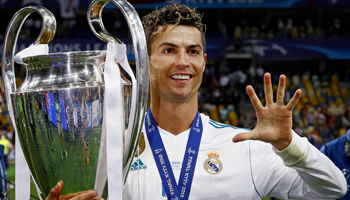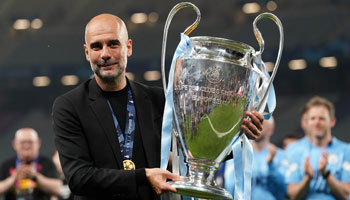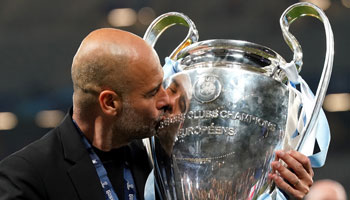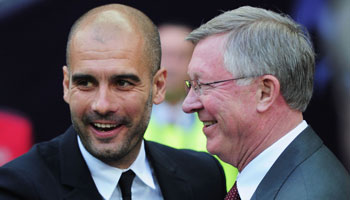Aleksander Ceferin has been elected as the new president of Uefa, completing a remarkable ascent from relative obscurity to the top of European football in just six months. The 48-year-old lawyer, who has been president of the Slovenian FA since 2011, succeeds Michel Platini.
Little is known about Ceferin, although the Slovenian is well respected in his home country. He has just two-and-a-half-years to deliver on his key election pledges, which largely revolve around fighting for the interests of the smaller nations and redressing the power balance in Europe.
However, whether or not Ceferin will deliver on these admirable promises remains to be seen. He has the same slick, likeable manner as Fifa president Gianni Infantino – a man with similarly grand ambitions but little action to match – and has been accused of foul play during his campaign.
So what can we expect from Uefa’s new chief?
Policies
There are five key pledges that Ceferin has made over the last few months, ranging from vague sentiments to direct promises of action.
Firstly, he told ESPN that he “will look to change the Uefa statutes to include term-mandate limitations for the president and Uefa executive committee”, arguing that 20-year terms in key positions cannot be considered healthy for any organisation. This sentiment will be welcomed by all.
Ceferin has also promised to battle match fixing, which he calls “a disease on our sport”, although without providing firm details of how to tackle one of football’s most complex and surreptitious issues, this vow is somewhat dubious.
His third promise is to “change the bidding process for big competitions and finals for the Champions League, European Championship and other major events. This needs to become completely transparent”. Alluding to the controversy surrounding Russia’s and Qatar’s World Cup bids, Ceferin’s statement here is an obvious vote winner; once again, provoking an “I’ll believe it when I see it” response from most reporters.
Platini’s gradual retreat over the financial fair play rules are also of concern: “FFP should be enforced more strongly because the gap between the rich ones and the poor ones is wider and wider,” Ceferin said. “We have a lot to do.”
The final promise is the most direct and the most important. It won him the support of the smaller nations (needed to win the election) and Ceferin’s work in this area will likely define his short tenure.
The recent Champions League deal has been met with great anger on the continent, largely because coefficient calculation will now include long-term tournament history. Effectively, football’s aristocracy will be favoured in the rankings regardless of recent competition performance.
Ceferin has built his campaign around revisiting this deal, which he says is “clearly not in favour of small and mid-sized associations. The process was not good. The clubs didn’t know anything about it and that should be changed in the future”.
This will be a huge test of his leadership. FA chief executive Martin Glenn has acknowledged that the deal “hasn’t happened yet so technically it can [be unpicked]”, but that the initial negotiation of this deal was a more difficult balancing act than people assume. Fears that the bigger clubs will form a breakaway league underpinned the new rule changes; giving smaller clubs a better deal is easier said than done.
Ceferin’s statement on the subject, made at his first press conference on Wednesday, was suitably vague: “About everything else, we will have to sit down and see what is the agreement and what we can do in future about it.”
Revolution, or more of the same?
Only time will tell if Ceferin is really interested in making sweeping changes. Whilst some remain optimistic that his bold promises will come good, others believe they are nothing more than hot air – a view substantiated by the troubling claims over corruption on the campaign trail.
Both Infantino and Ceferin have flatly denied allegations that the Fifa president lobbied for the Slovenian, offering incentives in return for votes. That Infantino’s breezy, rose-tinted election pledges have already begun to fall apart has understandably produced cynicism regarding his involvement with Ceferin.
“What I know is that I’m a team player, a man of conviction, a passionate man and a man of his word,” said Ceferin in his first press conference as Uefa president. “I am not a showman and I’m not a man of unrealistic promises.”
For now, less traditional Champions League clubs (like Leicester, priced at 33/1 to win the tournament this season) will be optimistic about Uefa’s future. But given Uefa’s and Fifa’s recent history of empty promises and false dawns, only by enacting genuine change will Ceferin convince us that he is the real deal.
